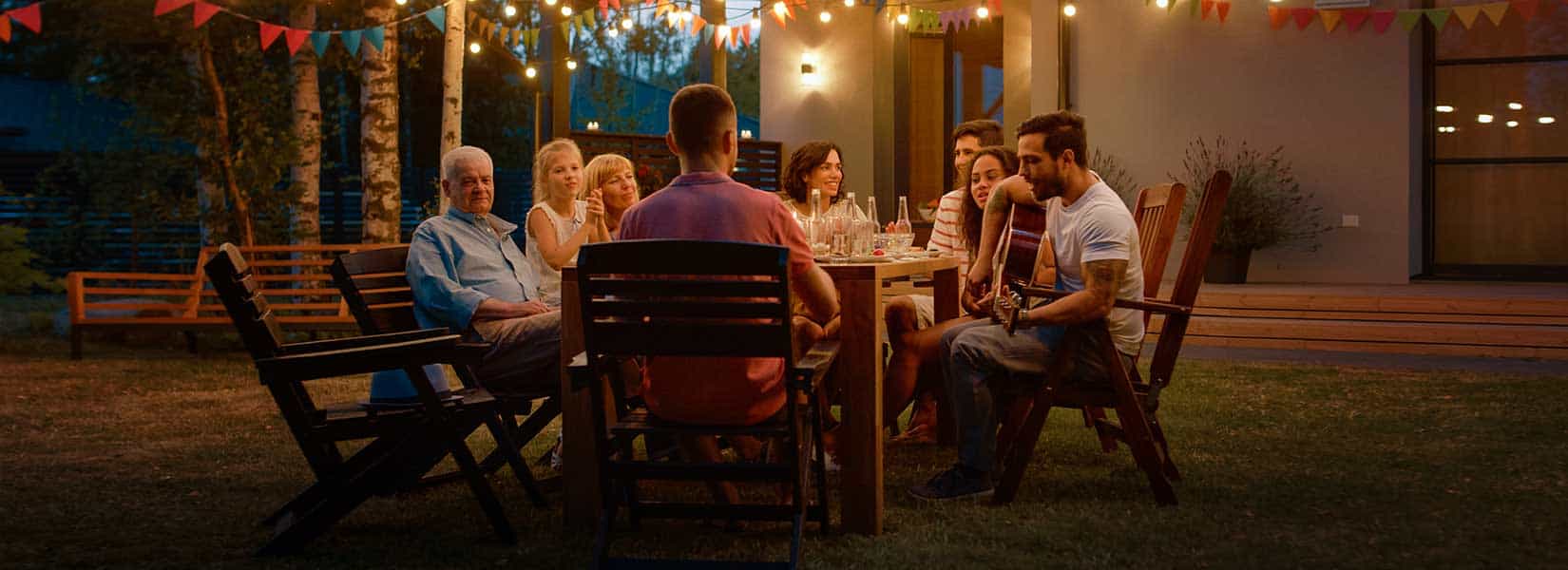Understanding Connection as Part of Your Recovery
People with alcohol use disorder experience something that many people without addiction can’t comprehend. The disassociation with one of society’s most common factors of life can make it impossible to socialize the way that others do. Additionally, alcoholics must face their primary trigger (alcohol) at nearly every family function, social gathering, or networking event. Understanding connection is a vital part of your recovery.
How can you feel connected in your workplace, within your family, and within your community if you don’t drink? Don’t worry, it is possible.
Connection is a Necessary Part of Your Recovery
In a wonderful TED talk and through Psychology Today, Johann Hari explains that the opposite of addiction is a connection. It’s the ability to have people in your life that you care about and prioritize and the capacity to create healthy and respectful connections.
Yes, you can begin your recovery and feel alone. However, recovery becomes easier over time when you have a strong support system and a close circle that you contribute to. Create your own circle, cultivate relationships, and set up a recovery that will last a lifetime.
Build New Relationships
Yes, there are all kinds of dos and don’ts when it comes to recovery groups. But you should seek out new friends. It’s likely that you lost many of your friends when you sought out sobriety. You may have broken off contact with your significant other, spouse, or even close family members. Many people feel alone during recovery.
Make plans with people that you see as valuable in your life and in recovery. Go on friend “first-dates” to see if this is someone that will have a positive influence in your life or if they will come with many triggers.
Another way to look for new friendships is to join clubs or organizations which serve a clear purpose. You can find many of these opportunities through recovery centers as they know better than others that you need the opportunity to make close connections again.
Learn to Turn Down Drinks without Saying “No”
Many recovering alcoholics feel that they are out of place when they have to turn down a drink. Others fear that they’ll face peer pressure and give in. You can, however, turn down an alcoholic beverage without necessarily telling your host “no.” Many hosts simply offer drinks because it’s a polite move, and if this person doesn’t know about your history with alcohol, you can hardly accuse them of anything other than politeness.
When offered a drink, change the tables. You can politely say you would appreciate water or soft drink. Additionally, you can say no thank you and then offer to help them with some aspect of hosting, so it doesn’t feel like you snubbed them. Getting comfortable in turning down drinks takes a lot of time, and if you’re not ready for it, then make alternative plans. If you’re invited to a place where you know there will be alcohol, then politely decline and offer to meet for coffee or lunch on another day. Saying “no” doesn’t mean losing that friend or acquaintance, it simply means you’re not comfortable at the event.
Choose “Family-Oriented” Events and Locations
While there may be alcohol available at Disneyland’s California Adventure, you’ll have a hard time finding outside of a fine dining establishment within Disneyland’s original resort. Why? It’s a family-focused environment, and because of that, you won’t find anything except wine at sit-down establishments which require a reservation. Many locations have chosen to make their family-friendly environment alcohol free.
That’s good news for people recovering from alcohol abuse because it makes it easier to plan outings and events and know that they won’t be offered alcohol. Immediately out of recovery, you may want to avoid places such as music festivals, outdoor events which serve beer or meeting people anywhere that serves drinks.
However, by scoping out places in your community that simply don’t serve alcohol, you can at least remove the presence of one primary trigger.
Get Help in Durham, NC
Durham, North Carolina is no stranger to the tragic events that have struck the country over the last few years. Unfortunately, many people living within Durham experience some extent of anxiety or PTSD as a result of the divisiveness and harm that is present in our everyday lives.
Having a connection to your culture, community, and those who share other facets of life with you is vital for a full recovery. You can’t do it alone, and you don’t have to. Contact Rehab Carolinas today to learn how you can explore your options to get treatment.
